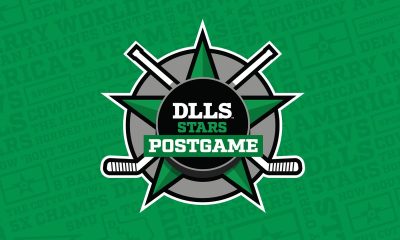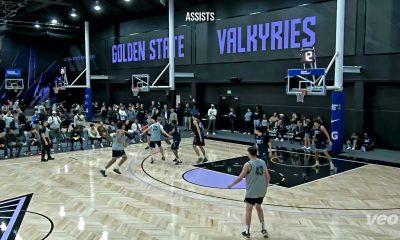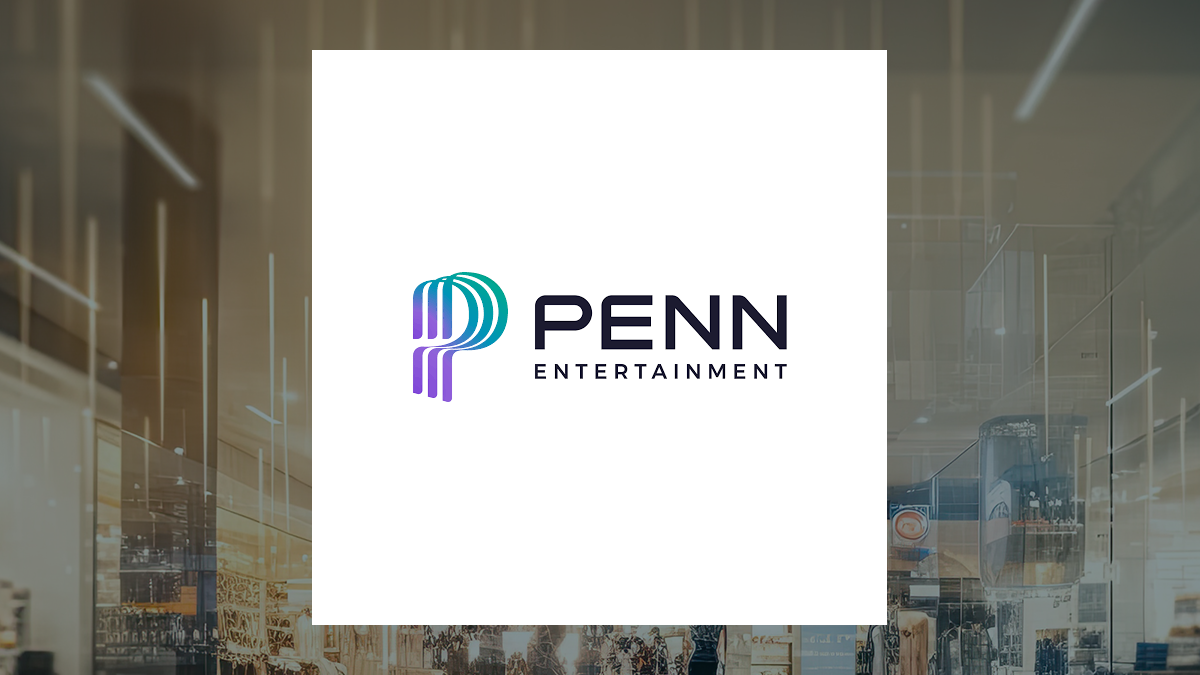
PENN Entertainment, Sphere Entertainment, Insight Enterprises, Madison Square Garden Sports, Motorsport Games, GameSquare, and DouYu International are the seven Esports stocks to watch today, according to MarketBeat’s stock screener tool. Esports stocks are shares of publicly traded companies whose core business lies in the competitive gaming ecosystem—ranging from game publishers and hardware makers to streaming platforms and tournament organizers. By investing in these stocks, investors seek exposure to the rapidly growing market for professional gaming events, sponsorship deals, media rights and digital content distribution. The performance of esports stocks is driven by factors such as game popularity, technological innovation, audience engagement and the scale of global tournaments. These companies had the highest dollar trading volume of any Esports stocks within the last several days.
PENN Entertainment (PENN)
PENN Entertainment, Inc., together with its subsidiaries, provides integrated entertainment, sports content, and casino gaming experiences. The company operates through five segments: Northeast, South, West, Midwest, and Interactive. It operates online sports betting in various jurisdictions; and iCasino under Hollywood Casino, L’Auberge, ESPN BET, and theScore Bet Sportsbook and Casino brands.
PENN stock traded down $0.35 during trading hours on Monday, hitting $15.67. 862,155 shares of the stock traded hands, compared to its average volume of 4,214,936. The stock has a 50-day simple moving average of $15.75 and a 200 day simple moving average of $18.63. The company has a current ratio of 0.94, a quick ratio of 0.94 and a debt-to-equity ratio of 2.34. PENN Entertainment has a one year low of $13.25 and a one year high of $23.08. The company has a market cap of $2.37 billion, a P/E ratio of -4.41, a P/E/G ratio of 1.55 and a beta of 1.81.
Read Our Latest Research Report on PENN
Sphere Entertainment (SPHR)
Sphere Entertainment Co. engages in the entertainment business. It produces, presents, or hosts various live entertainment events, including concerts, family shows, and special events, as well as sporting events, such as professional boxing, college basketball and hockey, professional bull riding, mixed martial arts, and esports and wrestling in its venues, including The Garden, Hulu Theater, Radio City Music Hall, and the Beacon Theatre in New York City; and The Chicago Theatre.
Shares of SPHR stock traded up $0.66 during mid-day trading on Monday, reaching $39.44. The company’s stock had a trading volume of 280,098 shares, compared to its average volume of 899,499. Sphere Entertainment has a 1-year low of $23.89 and a 1-year high of $50.88. The company has a market cap of $1.41 billion, a P/E ratio of -3.76 and a beta of 1.51. The company has a debt-to-equity ratio of 0.23, a quick ratio of 0.56 and a current ratio of 0.56. The firm’s 50-day moving average is $30.20 and its two-hundred day moving average is $37.68.
Read Our Latest Research Report on SPHR
Insight Enterprises (NSIT)
Insight Enterprises, Inc., together with its subsidiaries, provides information technology, hardware, software, and services in the United States and internationally. The company offers modern platforms/infrastructure that manages and supports cloud and data platforms, modern networks, and edge technologies; cybersecurity solutions automates and connects modern platform securely; data and artificial intelligence modernizes data platforms and architectures, and build data analytics and AI solutions; modern workplace and apps; and intelligent edge solutions that gathers and utilizes data for real-time decision making.
NASDAQ:NSIT traded down $1.09 during mid-day trading on Monday, reaching $135.99. 69,978 shares of the company were exchanged, compared to its average volume of 399,793. Insight Enterprises has a 12 month low of $126.10 and a 12 month high of $228.07. The company has a fifty day moving average of $140.69 and a 200 day moving average of $153.79. The company has a quick ratio of 1.15, a current ratio of 1.18 and a debt-to-equity ratio of 0.30. The stock has a market cap of $4.34 billion, a PE ratio of 20.84, a PEG ratio of 1.40 and a beta of 1.22.
Read Our Latest Research Report on NSIT
Madison Square Garden Sports (MSGS)
Madison Square Garden Sports Corp. operates as a professional sports company in the United States. The company owns and operates a portfolio of assets that consists of the New York Knickerbockers of the National Basketball Association (NBA) and the New York Rangers of the National Hockey League. Its other professional franchises include development league teams, the Hartford Wolf Pack of the American Hockey League and the Westchester Knicks of the NBA G League.
Shares of Madison Square Garden Sports stock traded down $0.38 during trading on Monday, reaching $197.04. 16,682 shares of the company were exchanged, compared to its average volume of 113,047. The business has a 50-day moving average price of $191.47 and a 200-day moving average price of $208.74. Madison Square Garden Sports has a twelve month low of $173.26 and a twelve month high of $237.99. The firm has a market capitalization of $4.73 billion, a price-to-earnings ratio of 83.08 and a beta of 0.78.
Read Our Latest Research Report on MSGS
Motorsport Games (MSGM)
Motorsport Games Inc. develops and publishes multi-platform racing video games in the United States. It operates through Gaming and Esports segments. The company offers rFactor 2, a realistic racing simulation game; NASCAR Heat Mobile, a racing experience for mobile devices; NASCAR Heat 3, NASCAR Heat 4, NASCAR Heat 5, NASCAR Heat Ultimate Edition, and NASCAR 21: Ignition, which are racing video games; KartKraft, a kart racing simulator; NASCAR Rivals, a racing video game; and Le Mans Ultimate, a official game of the FIA World Endurance Championship and 24 Hours of Le Mans.
Shares of MSGM stock traded up $0.19 during trading on Monday, reaching $2.97. The company’s stock had a trading volume of 71,100 shares, compared to its average volume of 582,571. The business has a fifty day moving average price of $1.68 and a 200-day moving average price of $1.42. The company has a market cap of $11.21 million, a price-to-earnings ratio of 1.83 and a beta of 1.80. Motorsport Games has a one year low of $0.73 and a one year high of $3.20.
Read Our Latest Research Report on MSGM
GameSquare (GAME)
GameSquare Holdings, Inc. operates as a vertically integrated digital media, entertainment, and technology company. Its platform to connect with gaming and youth culture audiences. The company’s end-to-end platform includes Code Red Esports Ltd., an esports talent agency; GCN, a digital media company focusing on the gaming and esports audience; Zoned, a gaming and lifestyle marketing agency; Complexity Gaming, a esports organization operating; Fourth Frame Studios, a creative production studio; and Mission Supply, a merchandise and consumer products business; Frankly Media, programmatic advertising, Stream Hatchet, live streaming analytics, and Sideqik a social influencer marketing platform.
Shares of NASDAQ:GAME traded up $0.02 on Monday, hitting $0.73. The company had a trading volume of 259,991 shares, compared to its average volume of 279,346. The stock has a market cap of $28.33 million, a price-to-earnings ratio of -0.44 and a beta of 0.68. GameSquare has a 1-year low of $0.50 and a 1-year high of $1.45. The stock has a 50 day moving average price of $0.68 and a 200 day moving average price of $0.80.
Read Our Latest Research Report on GAME
DouYu International (DOYU)
DouYu International Holdings Limited, together with its subsidiaries, operates a platform on PC and mobile apps that provides interactive games and entertainment live streaming services in the People’s Republic of China. Its platform connects game developers and publishers, professional eSports teams or players and eSports tournament organizers, advertisers, and viewers.
NASDAQ DOYU traded down $0.01 during mid-day trading on Monday, hitting $6.93. The company’s stock had a trading volume of 17,423 shares, compared to its average volume of 228,622. The company’s 50 day simple moving average is $7.18 and its 200 day simple moving average is $10.24. The firm has a market capitalization of $208.99 million, a price-to-earnings ratio of -7.87 and a beta of 0.83. DouYu International has a twelve month low of $5.68 and a twelve month high of $20.17.
Read Our Latest Research Report on DOYU
Read More

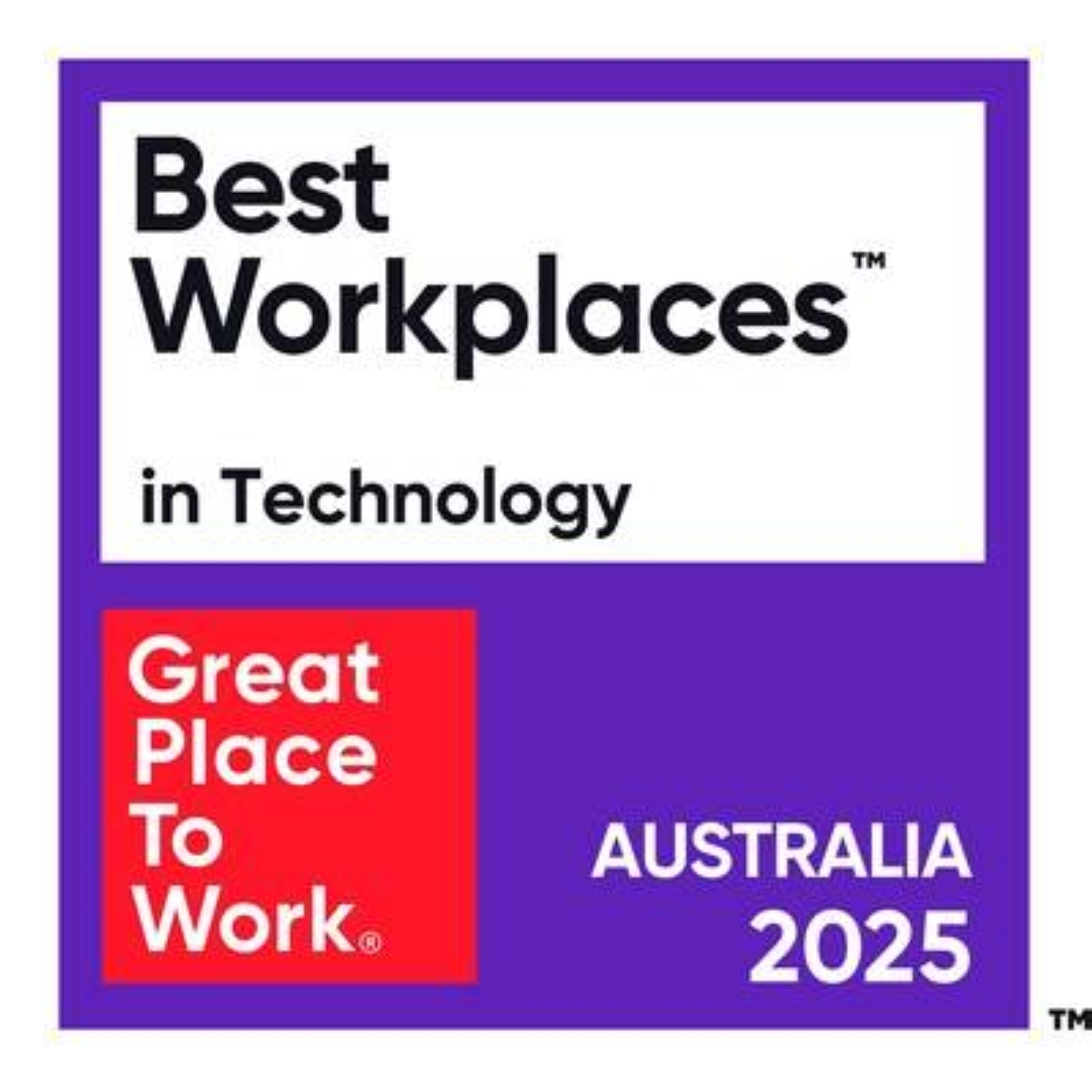





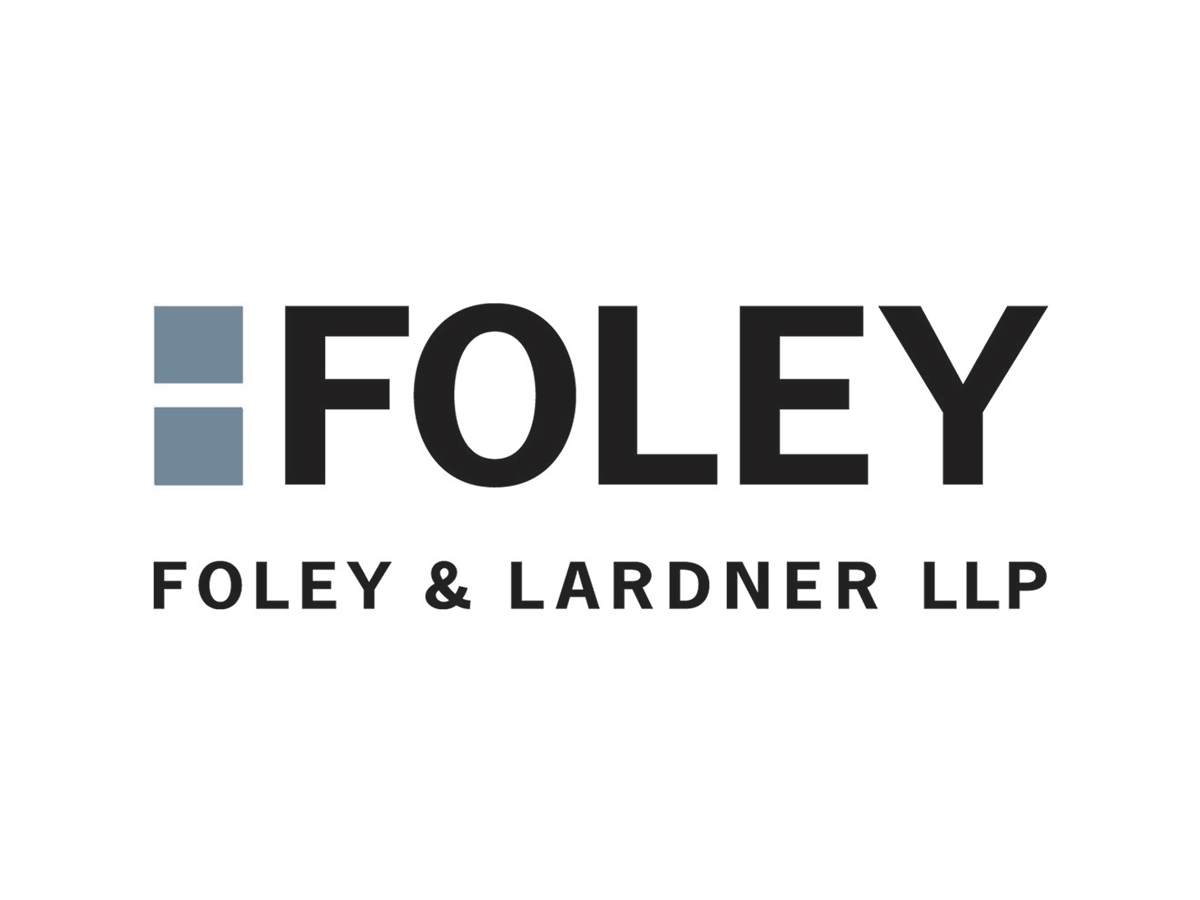
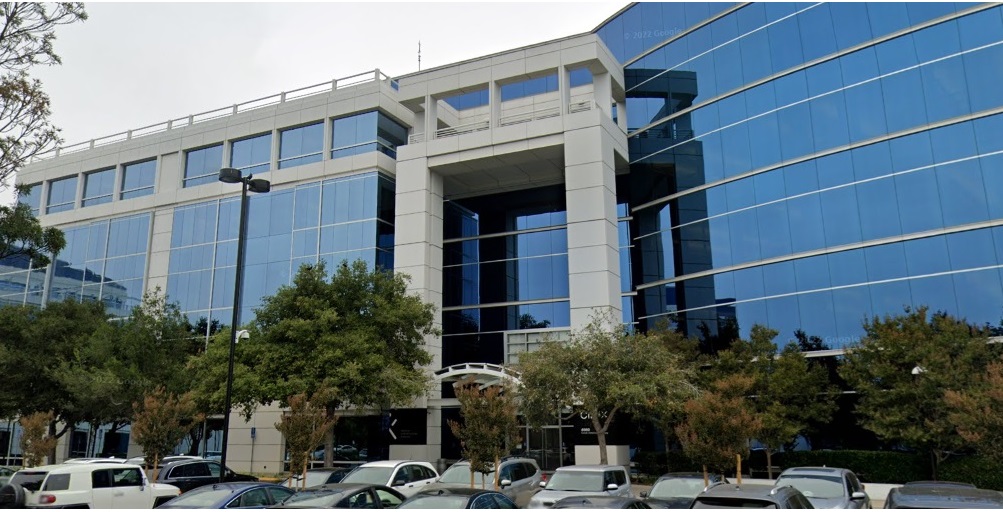

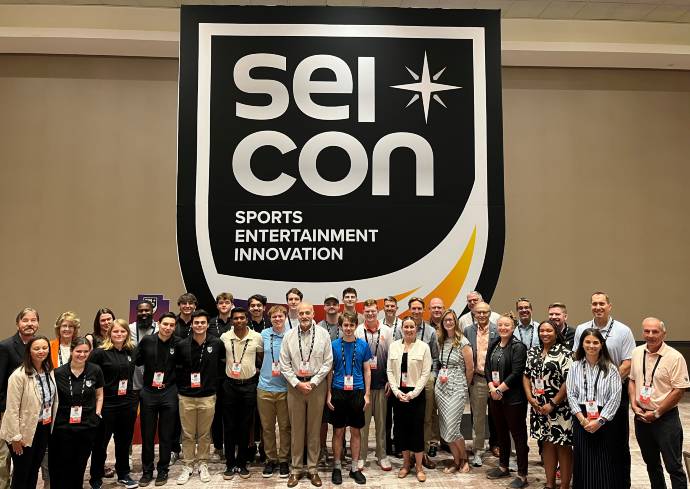
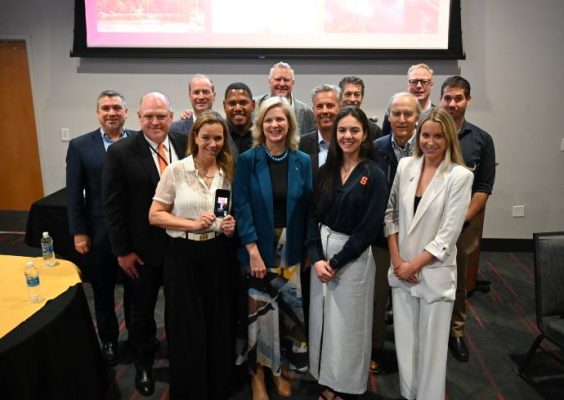









 (via abevarughese/TT)
(via abevarughese/TT)
























